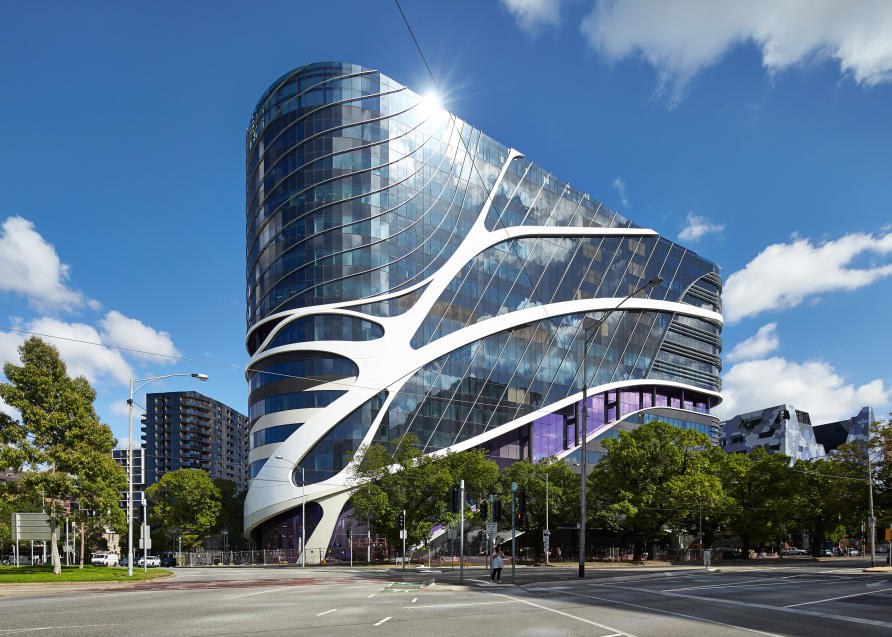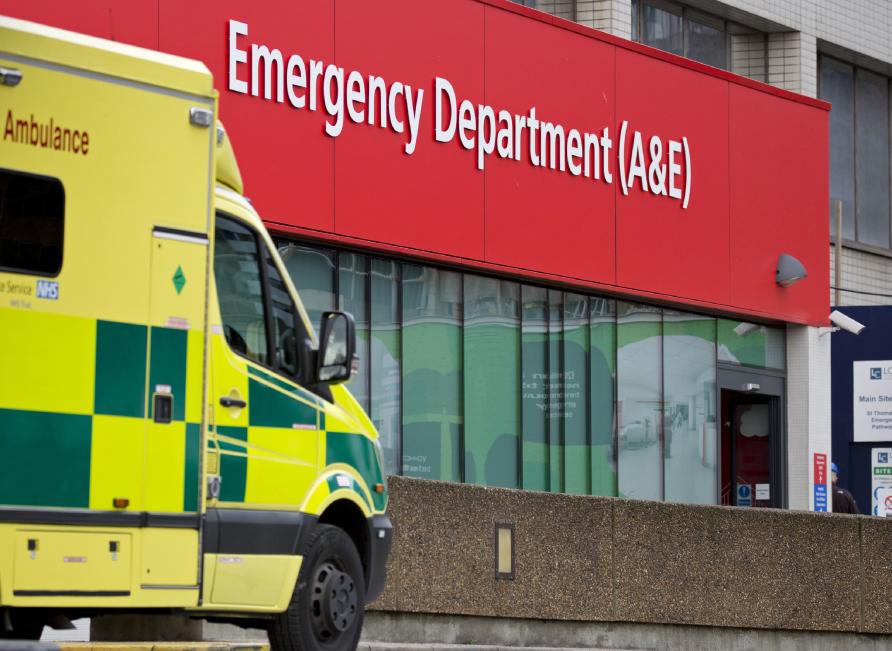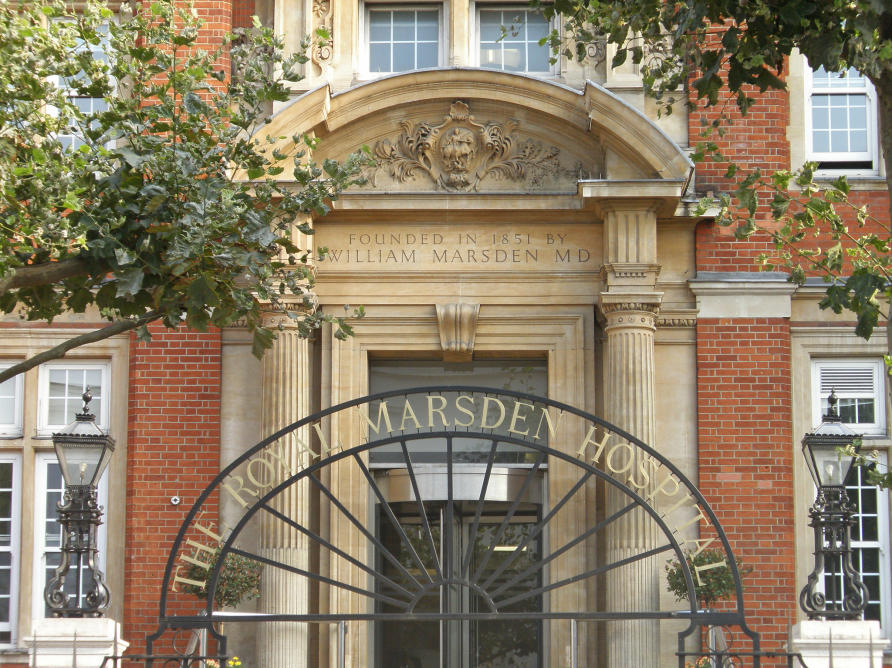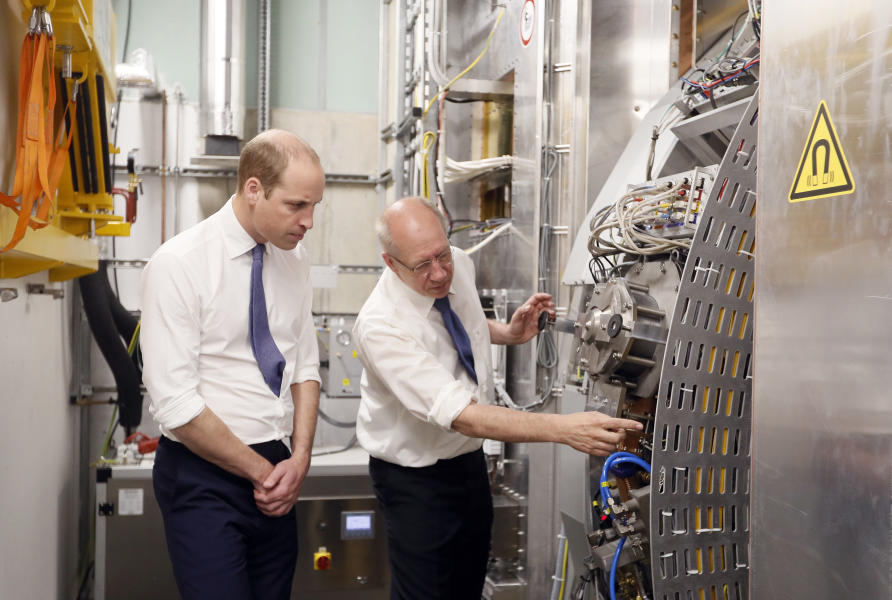Comprehensive cancer centres bring experts from a range of disciplines together and they’re making significant breakthroughs – we find out why this approach to research and treatment is proving so effective.
Gone are the days when researchers and doctors worked in separate worlds. These days, it’s all about using interdisciplinary approaches to answer the big questions. And perhaps there is no bigger question than how to beat cancer.
Comprehensive cancer centres, like The Royal Marsden Hospital in London, the largest comprehensive cancer centre in Europe, and the Victorian Comprehensive Cancer Centre (VCCC), Australia’s first such centre, bring together experts from a range of disciplines to cover every step in the fight against cancer – including prevention, treatment and end-of-life care.

There are a number of dedicated cancer centres around the world (69 in the US alone), which follow similar models, concentrating research and clinical expertise together to build the critical mass needed to make significant breakthroughs. Like the VCCC, which counts the University of Melbourne among its members, most are affiliated with a university.
We spoke to Cally Palmer from The Royal Marsden and Professor Grant McArthur from the VCCC, and asked these two leaders in their fields about what makes these centres so different from traditional approaches to cancer care.
WHAT ARE THE PARTICULAR CHALLENGES WHEN IT COMES TO CANCER CARE WHERE YOU ARE?
Cally Palmer, The Royal Marsden NHS Foundation Trust’s Chief Executive and NHS England’s National Cancer Director
The main challenges in cancer care in the UK are the late diagnosis of patients and a high degree of variation in survival and quality of patient experience around the country.
Survival is the highest it has ever been but it is not as high as other countries of similar wealth, particularly in some tumour types. This is mainly due to the late presentation of patients for diagnosis and treatment. Around a third of patients are currently diagnosed in emergency departments, leading to poorer outcomes and experience of care.
In 2015 the UK government launched a National Cancer Strategy backed by major investment in cancer services, to upgrade prevention, ensure early and fast diagnosis of patients, provide the latest technology and better support for patients living with cancer. Delivery of the strategy is expected to save many more lives by 2020/21.

Professor McArthur, Executive Director of the Victorian Comprehensive Cancer Centre
Although in Australia we have better outcomes from cancer diagnoses than in the UK, some cancers have still been left far behind, most notably lung, brain and pancreatic cancers, as well as some rare cancers.
We do have very high rates of particular cancers – notably mesothelioma, which is a cancer related to asbestos exposure and has poor outcomes, as well as skin cancers. Together with New Zealand we have the highest rates of skin cancers in the world by some distance and while we have made considerable progress in the treatment of melanoma, non-melanoma skin cancers still represent a huge burden on our health system.
WHAT WERE THE LOCAL FACTORS THAT LED TO THE DEVELOPMENT OF YOUR COMPREHENSIVE CANCER CENTRE?
Cally Palmer: The Royal Marsden was the first hospital in the world dedicated to cancer treatment and research into the underlying causes of the disease.
It was founded by William Marsden, a Victorian philanthropist in 1851 who realised that no one knew how to treat cancer and that research was vital for humankind.

Professor McArthur: Construction of the VCCC building commenced in 2011, originating from a plan for a major new development to relocate the Peter MacCallum Cancer Centre to the Parkville biomedical precinct in Melbourne, which is a very rich environment for research and education.
But we wanted to achieve a lot more than just a new building – we wanted bring together multiple institutions to form an alliance partnership, because we can achieve more together than we can individually – which is how the VCCC alliance came about. We are proud to have ten members covering research, treatment and education.
WHAT BENEFITS HAS YOUR CENTRE BROUGHT TO THE LOCAL COMMUNITY?
Cally Palmer: Our centre is based in London but has a national role in treating rare cancers and an international role in research. The Royal Marsden recruits specialists globally, and is also a major employer for people in London.
We are currently developing a London Cancer Hub bringing together commercial biotech companies, healthcare providers and researchers in drug discovery.
Professor McArthur: Our goal is to deliver world-class care to patients, wherever they enter the system. Having a multi-institutional collaboration and highly educated workforce means we can improve outcomes for patients no matter where they enter the healthcare system.
We are also investing significant resources so that patients in regional Victoria can access clinical trials being run in Parkville.
HOW CAN COMPREHENSIVE CANCER CENTRE’S WORK TOGETHER TO CONTRIBUTE TO OUR WIDER UNDERSTANDING OF CANCER CARE?
Cally Palmer: It is vital that comprehensive cancer centres work together globally to transform the prevention, diagnosis and treatment of cancer and improve survival for patients worldwide. This is an exciting time, with an unprecedented increase in our knowledge and understanding of the causes of cancer and better ways to diagnose and treat it.
We are currently working with six other international cancer centres on a new prototype MR/Linac machine, a state-of-the-art radiotherapy machine, to increase the cure rates for patients and deliver more efficient treatments.

Professor McArthur: We have extensive collaborations with our international counterparts – our top four collaborators are The Royal Marsden in London, the Memorial Sloan Kettering Cancer Centre in New York City, the Dana Farber Cancer Institute in Boston and the Cancer Research UK centre at Oxford University.
There is a particular opportunity for further and deeper collaboration in rare cancers – by working together we can generate the patient numbers we need to study these cancers effectively.
WHAT CAN YOU LEARN FROM OTHER COMPREHENSIVE CANCER CENTRES?
Cally Palmer: The bench-to-bedside partnership of academic and healthcare partners needs to be as seamless as possible.
We are proud of the fact that a visitor to The Royal Marsden cannot tell the difference between our academics and NHS-employed specialists. This seamless operation and free form collaboration has been essential to our successful track record.
We respect the fact that one partner has a discovery culture, while the other prioritises the treatment of patients but the relationship between us allows us to be more than the sum of our parts.
Professor McArthur: A number of the big international cancer centres, like The Royal Marsden in London, have satellite sites which is a model we need to look at. We’re really interested in replicating multi-site models so we can reach more people, particularly in regional Victoria.
This article originally appeared on Pursuit.
Banner image: iStock